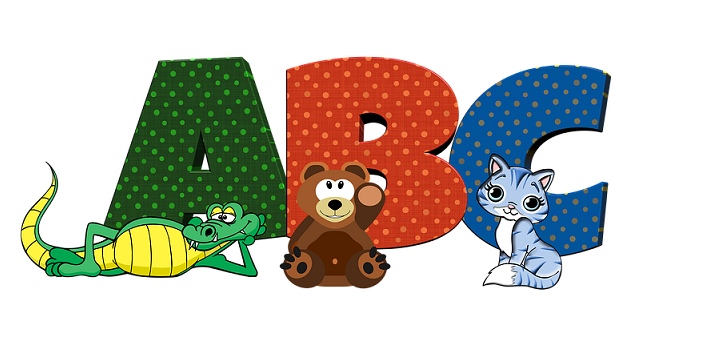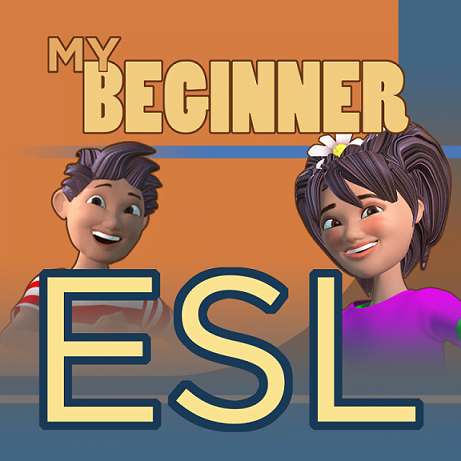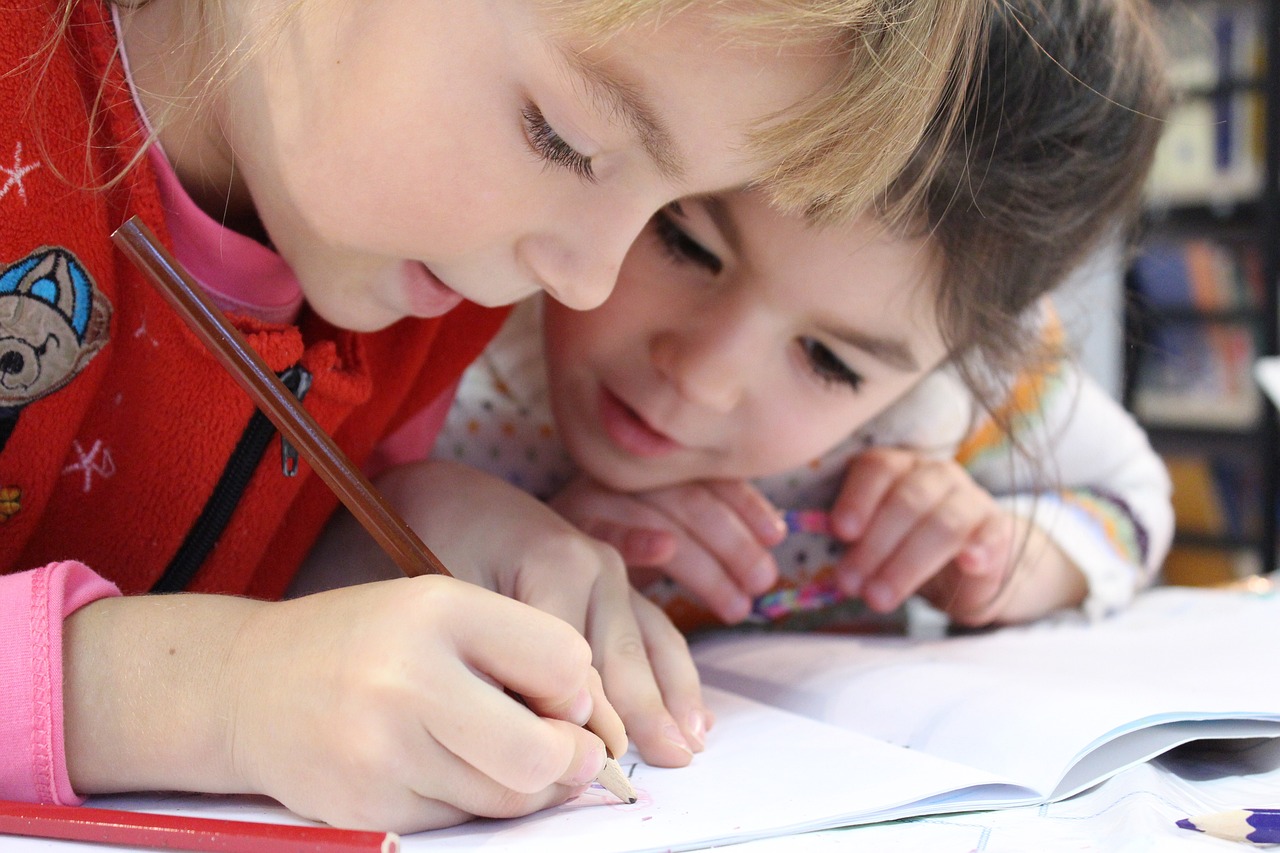Finding ways to engage your child in learning the alphabet can be challenging at times. Their attention can easily turn to something more fun and interesting, especially if they are finding the task a little bit too much like hard
5 Fun Ways to Learn the Alphabet







